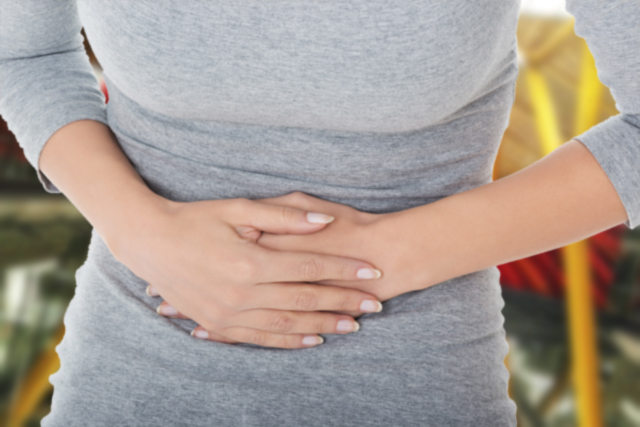 In this day and age, for every person who takes care about what he or she eats, it seems many more are fairly careless about it. But even those who watch what they eat may not realise that conditions while flying in a commercial jetliner – especially longhaul – can present issues when it comes to certain foods. And so, there are some you really might want to avoid in order to make your flight as comfortable as possible. Some of these may seem like no-brainers, so consider this simply a reminder; others might very well surprise you. If you’re ever uncomfortable on flights, you might consider some of the following as potential culprits.
In this day and age, for every person who takes care about what he or she eats, it seems many more are fairly careless about it. But even those who watch what they eat may not realise that conditions while flying in a commercial jetliner – especially longhaul – can present issues when it comes to certain foods. And so, there are some you really might want to avoid in order to make your flight as comfortable as possible. Some of these may seem like no-brainers, so consider this simply a reminder; others might very well surprise you. If you’re ever uncomfortable on flights, you might consider some of the following as potential culprits.
Alcohol
This probably tops the list. Yes, beer, wine, and cocktails have become a time-honoured part of the airport and inflight experience of millions. The problem arises with the dryer air in the typical airline cabin. Alcohol further dehydrates, and this can lead to discomfort both physical (such as headaches) and mental/emotional (heightened anxiety)., even if your don’t over-indulge. And it’s an especially bad idea if you’re also taking medication.
Coffee
Another libation that’s sloshed about liberally both at airports and onboard. But if you must have a cup of joe, make it decaffeinated, because caffeine can make you not only dehydrated but also jittery and needing to pee. In fact, for this reason, many flight attendants will serve passengers only decaf (bet you didn’t know that!).
Beans and Certain Other Veggies
You know the old children’s rhyme, “beans, beans, the magical fruit – the more you eat, the more you toot!” Well, it’s not just flatulence you have to worry about – it’s the fact that the gas that builds in your stomach and gastrointestinal tract can also become uncomfortable (in fact, this phenomenon even has a name: “jetbloat”). It’s also not just beans – you’ll want to watch out for other normally healthy vegetables such as artichokes, asparagus, broccoli, brussel sprouts, cabbage, onions, and peas.
Carbonated Soft Drinks
Another no-brainer, I think you’d have to agree, considering the gas contained in soda’s carbonation (furthermore, a secondary effect can also be heartburn).
Chewing Gum
More than a few travellers rely on gum to keep their ears from popping. But all that chewing brings a lot of air down to your stomach, contributing, again, to gas and bloating. as you swallow more air, gas builds up in your stomach, which can make you feel bloated.
French Fries
Now we’re getting to another big bugaboo: grease, oils, and fat. Fried food and many kinds of fast food can contribute to heartburn up in the air (and when it’s high in salt and transfats, it can also make you retain fluid, with effects such as swollen feet).
Apples and Certain Other Fruit
Again, normally as healthy as you please, but the especially high fibre in fruit like apples can crank up the gas, too. Others on this list include berries, guavas, kiwis, nectarines, papayas, peaches, and pears. You might also want to stay away from acidic juices like orange and grapefruit, which can lead to heartburn (not to mention the fact that Vitamin C is a diuretic, if you get my drift).
Meat, Especially High-Fat
This is a carnivorously mixed bag. Various meats can leave some people prone to indigestion, and many tempting airport options – gooey bacon cheeseburgers and the like – are also high in fat, salt, and transfats. Lean meat, seafood, and other protein are a better way to fly.
Spicy Food
A touch of heat on the plate at the right time can be invigorating, but this is probably not the right time, otherwise you could set yourself up for stomach discomfort and bladder irritation (and do you really want a burning mouth at 35,000 feet?).
Finally, do keep in mind that some things are not so much a matter of personal discomfort as of common courtesy – for the most part, fairly obvious choices such as garlic, curry, and other stinky food that can give you both bad breath and body odour.
For more on staying comfortable and healthy on flights, click here. For more about eating right on holiday, click here.

